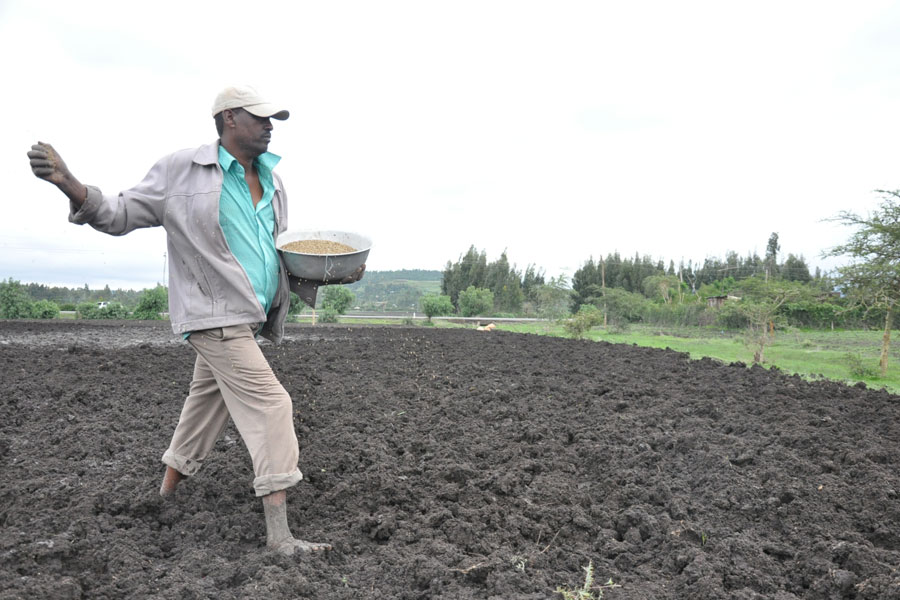
Agenda | Mar 19,2022
Amy Dardin’s case is the symbolic equivalent of the word procrastination. The Virginian Amy tendered to Congress for the reimbursement of a horse that belonged to her and had been used by soldiers during the American Revolution. It was half a century before the procrastinating Congress finally agreed to pay.
It came to my mind as I contemplated whether to make a phone call or pay an in-person visit to my old friend gently to remind her of a past due payment. It brought about an agonising reappraisal of our friendship.
However trivial the issue looked, the word “dunning” immediately reminded me of what I personally owe to Kruger and Dunning's Unskilled and Unaware of It: How Difficulties in Recognising One's Own Incompetence Lead to Inflated Self-Assessments, a psychological study on deceptive feelings of superiority. It is the cognitive bias where people with low abilities assume that they are competent, and those that are able underestimate themselves.
Expanding on this, in ”Self-insight: Roadblocks and Detours on the Path to Knowing Thyself,” (David) Dunning described the Dunning-Kruger effect as ”the anosognosia of everyday life.”
"If you're incompetent, you can't know you're incompetent,” he writes. ”The skills you need to produce a right answer are exactly the skills you need to recognise what a right answer is.”
Then when I thought about our collective self-insight, Zaha Hadid, the late Iraqi architect, came to my mind. Dubbed a revolutionary architect, she built almost nothing for many years in a male-dominated world of architecture, due to reviews which deemed her designs too audacious.
Her perseverance paid its due. At the time of her death in 2016, Hadid identified herself among the elite of world architecture, as it is manifested in her recognition for various awards. There are thus few that were intelligent, identified their competence as such, and dreamt of executing great tasks. It is only a shame this does not happen more often.
For the rest of us ’mortals,’ as Dunning noted, people base thousands of choices across a lifetime on the views they hold of their skill and moral character. A growing body of research in psychology shows that such self-views are often misguided or misinformed.
He alludes that anyone who has dealt with others in the classroom, in the workplace, in the medical office, or on the therapist’s couch has probably experienced people whose opinions of themselves depart from the objectively possible due to the common errors that people make when they evaluate themselves. With these mistaken views of competence, people often remain blissfully unaware of their incompetence and personality flaws.
He further underlines that with faulty views of character, people tend to perceive they are more unique and special than they really are and tend to possess inflated opinions of their moral fibre that are not matched by their deeds.
Dunning a past due self-insight, and still procrastinating it, leads to a further failure to recognise own incompetence, indicating that much incorrect self-assessment of competence derives from ignorance of a given activity's standards of performance.
Therefore we need to persevere, not end up as “people with substantial, measurable deficits in their knowledge or expertise [who] lack the ability to recognise those deficits and, therefore, despite potentially making error after error, tend to think they are performing competently when they are not."
Suppose we remove the psychological barriers, much of them built by our own minds, that prevent us from achieving self-insight about our ability and character, as Dunning and Kruger's research further indicates, and couple it with training and dedicated hard work. In that case, it increases our ability to accurately evaluate how good we really are at it.
PUBLISHED ON
Dec 19,2021 [ VOL
22 , NO
1130]


Agenda | Mar 19,2022
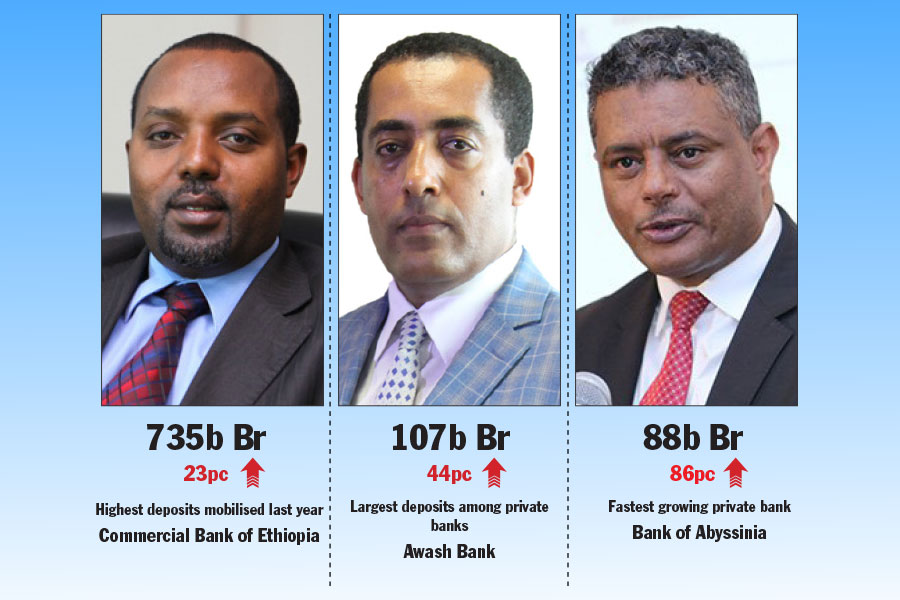
Fortune News | Jul 18,2021
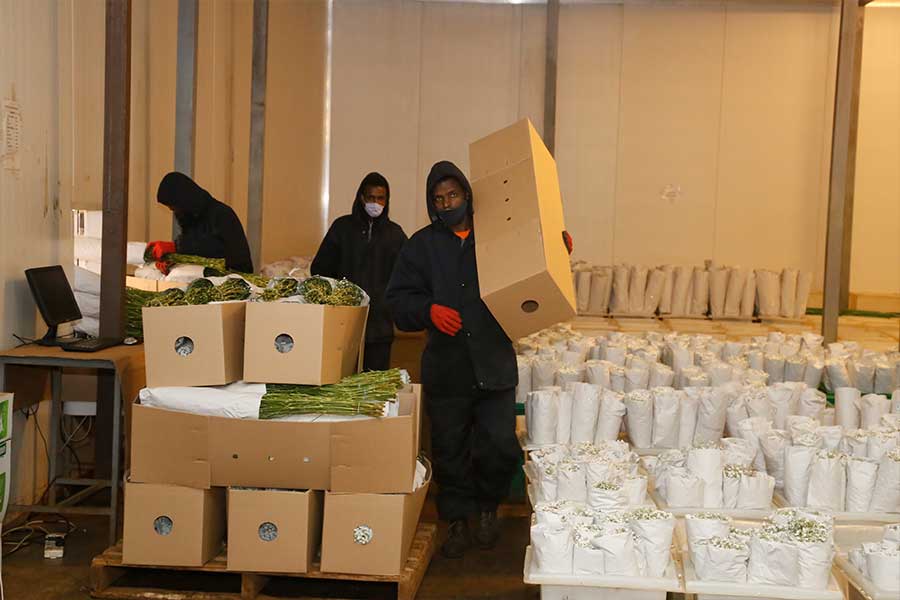
Fortune News | Mar 05,2022

My Opinion | May 21,2022
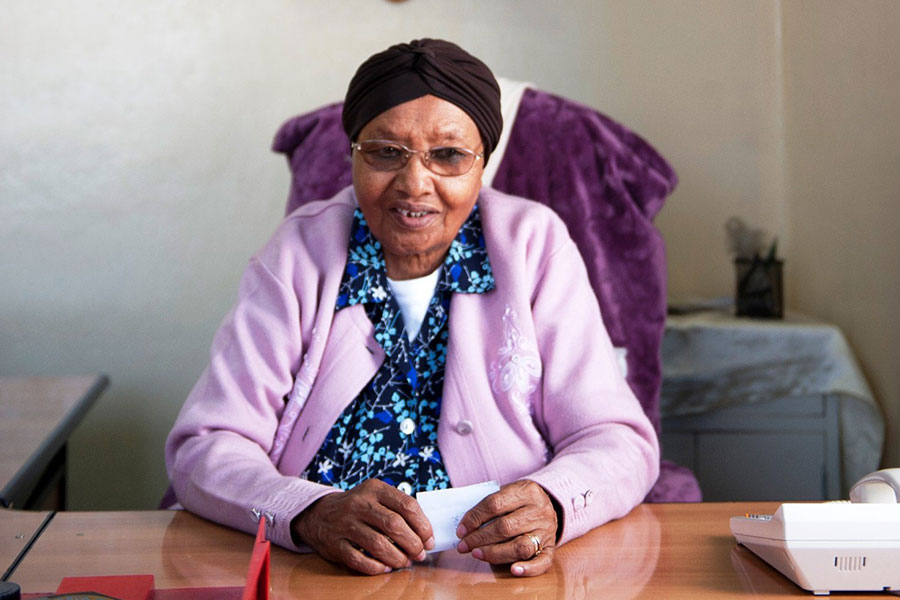
Obituary | Jul 11,2021

Delicate Number | May 28,2022

Fortune News | May 28,2022

Radar | Jul 03,2021
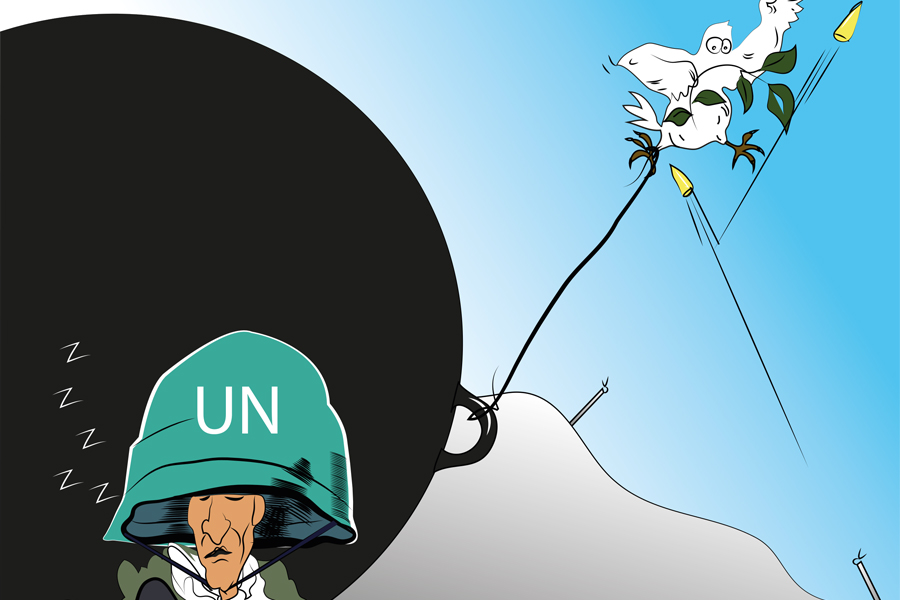
Editorial | May 23,2021

Fortune News | May 10,2022

Dec 22 , 2024 . By TIZITA SHEWAFERAW
Charged with transforming colossal state-owned enterprises into modern and competitiv...

Aug 18 , 2024 . By AKSAH ITALO
Although predictable Yonas Zerihun's job in the ride-hailing service is not immune to...

Jul 28 , 2024 . By TIZITA SHEWAFERAW
Unhabitual, perhaps too many, Samuel Gebreyohannes, 38, used to occasionally enjoy a couple of beers at breakfast. However, he recently swit...

Jul 13 , 2024 . By AKSAH ITALO
Investors who rely on tractors, trucks, and field vehicles for commuting, transporting commodities, and f...

Nov 1 , 2025
The National Bank of Ethiopia (NBE) issued a statement two weeks ago that appeared to...

Oct 25 , 2025
The regulatory machinery is on overdrive. In only two years, no fewer than 35 new pro...

Oct 18 , 2025
The political establishment, notably the ruling party and its top brass, has become p...

Oct 11 , 2025
Ladislas Farago, a roving Associated Press (AP) correspondent, arrived in Ethiopia in...